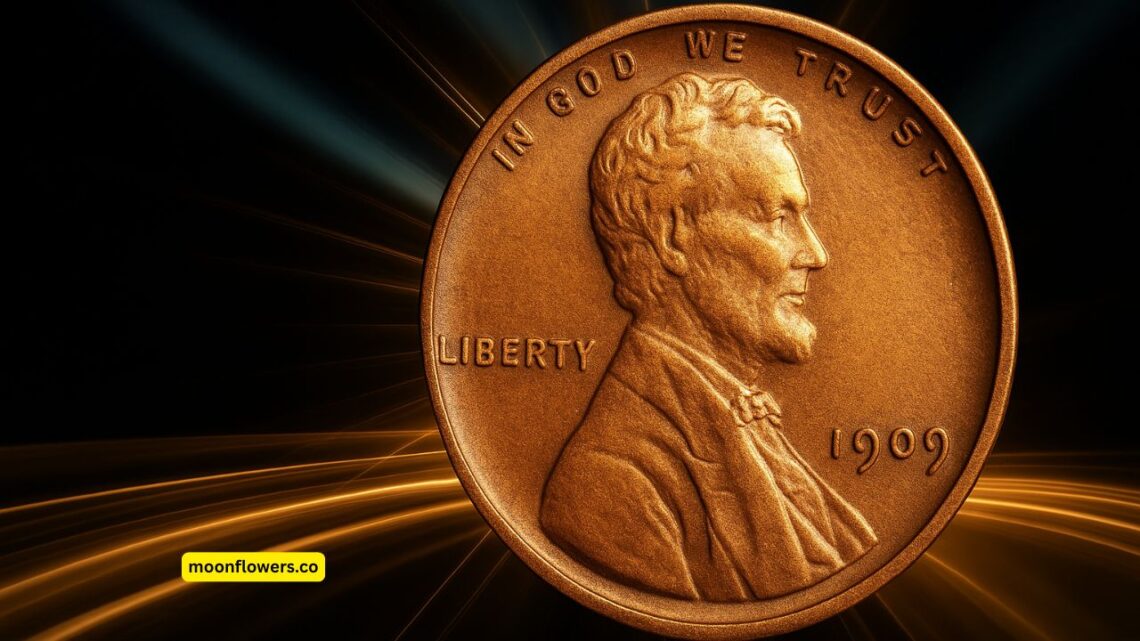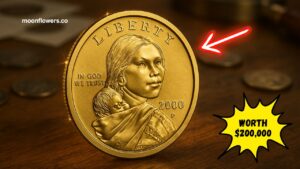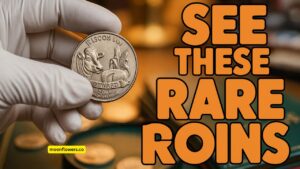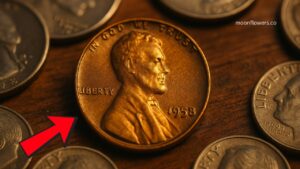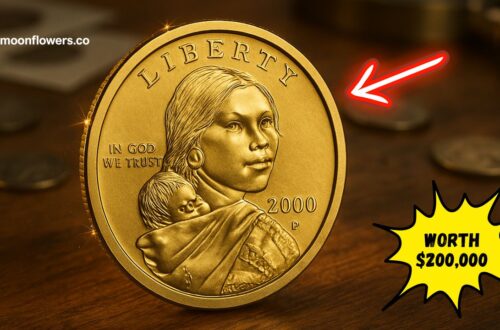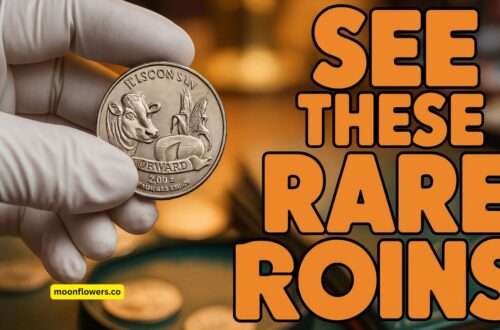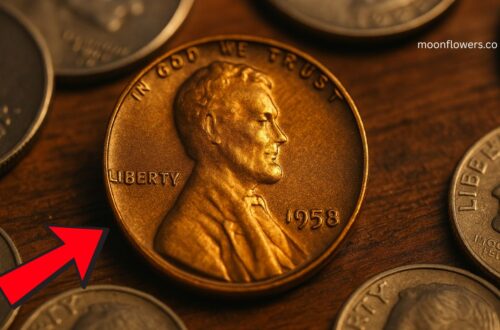Few coins capture attention like the legendary Lincoln Wheat penny. Recently, stories have surfaced about a Wheat penny valued at $22.2 million supposedly still in circulation.
While the number sounds incredible, it stems from a mix of hype, collector fascination, and the documented fact that certain rare Wheat pennies and error coins are worth fortunes at auction.
The History of the Lincoln Wheat Penny
- Introduced in 1909 to honor Abraham Lincoln’s centennial birthday.
- Designed by Victor David Brenner with Lincoln’s portrait on the obverse and two wheat stalks on the reverse.
- Struck until 1958, when the reverse changed to the Lincoln Memorial.
- Most Wheat pennies are common and worth a few cents to a few dollars, but rare dates and mint errors can be worth hundreds of thousands to millions.
Why Some Wheat Pennies Are Worth Millions
The $22.2 million figure is likely an exaggeration, but here’s why certain Wheat cents have extraordinary value:
- Composition errors: In 1943, pennies were made of steel for the war effort. A few were mistakenly struck in bronze/copper, making them worth huge sums.
- Minting anomalies: Rare varieties like the 1922 “No D” penny or the 1955 doubled-die obverse are highly collectible.
- Key dates: Low-mintage years such as the 1909-S VDB and 1914-D bring premium values in top condition.
- Condition (grade): Coins graded at MS65 or higher or with proof-like surfaces multiply in value dramatically.
Lincoln Wheat Pennies With Extraordinary Values
| Coin / Variety | Key Feature | Known Examples | Potential Value |
|---|---|---|---|
| 1943-D Bronze Wheat Penny | Struck on leftover copper planchet | Unique | $1.7M – $2M+ |
| 1943-S Bronze Wheat Penny | Off-metal error | ~6 known | $1M+ |
| 1943 (Philadelphia) Bronze | Wrong composition, copper | ~15–20 known | $300K – $1M |
| 1944 Steel Penny (P/D/S) | Struck on leftover steel planchet | Dozens | $100K – $500K+ |
| 1909-S VDB | First year, designer’s initials | 484,000 minted | $50K – $150K |
| 1914-D | Scarce Denver key date | Low mintage | $40K – $100K |
| 1922 “No D” Strong Reverse | Missing mintmark error | Few thousand | $20K – $80K |
| 1955 Doubled-Die Obverse | Dramatic doubling on lettering | Thousands | $15K – $50K+ |
Is There Really a $22.2 Million Penny?
While no Lincoln Wheat penny has officially sold for $22.2 million, the myth highlights how rare U.S. coins can transform from pocket change into treasures.
The most expensive verified pennies—like the 1943-D bronze Wheat cent—sell for over $1 million, and values continue to rise as collectors chase history.
How to Identify a Rare Wheat Penny in Your Pocket Change
- Check the date and mintmark: Focus on 1909-S VDB, 1914-D, 1922 “No D,” and 1943 copper/1944 steel.
- Test the metal: Use a magnet. A genuine 1943 copper penny is non-magnetic, while steel sticks.
- Weigh the coin: Copper pennies = ~3.11 g, steel = ~2.7 g.
- Inspect for errors: Doubling, missing mintmarks, or odd coloring.
- Get it graded: Submit to PCGS or NGC for authentication.
The Lincoln Wheat penny remains one of America’s most fascinating coins, with legends of a $22.2 million piece stirring collector dreams.
While the figure is exaggerated, verified rarities like the 1943 copper and 1944 steel cents prove that even humble one-cent coins can become million-dollar treasures in the right circumstances.
FAQs
Can a Lincoln Wheat penny really be worth $22.2 million?
Not yet. While no coin has sold for that amount, some have crossed $1–2 million, and rising demand may push values higher in the future.
Which Wheat penny is the most valuable to date?
The 1943-D Bronze Wheat cent is considered the most valuable, selling for nearly $2 million.
Could I really find one in circulation today?
It’s highly unlikely, but old coin jars, collections, or estate finds still produce rare surprises from time to time.

